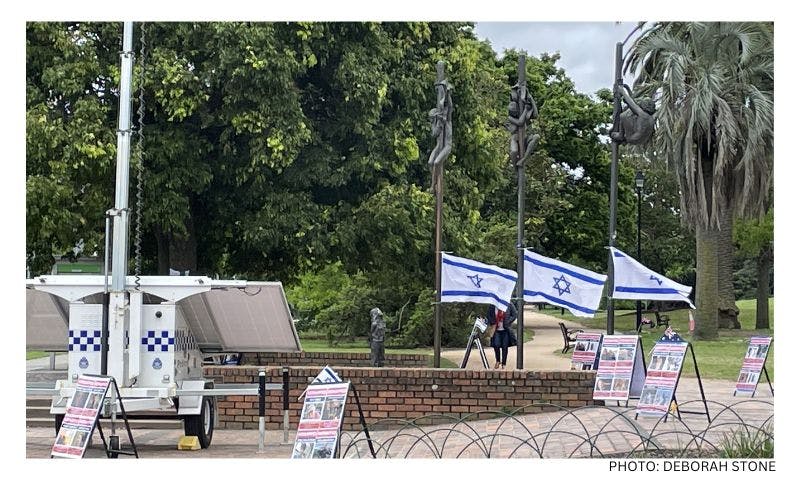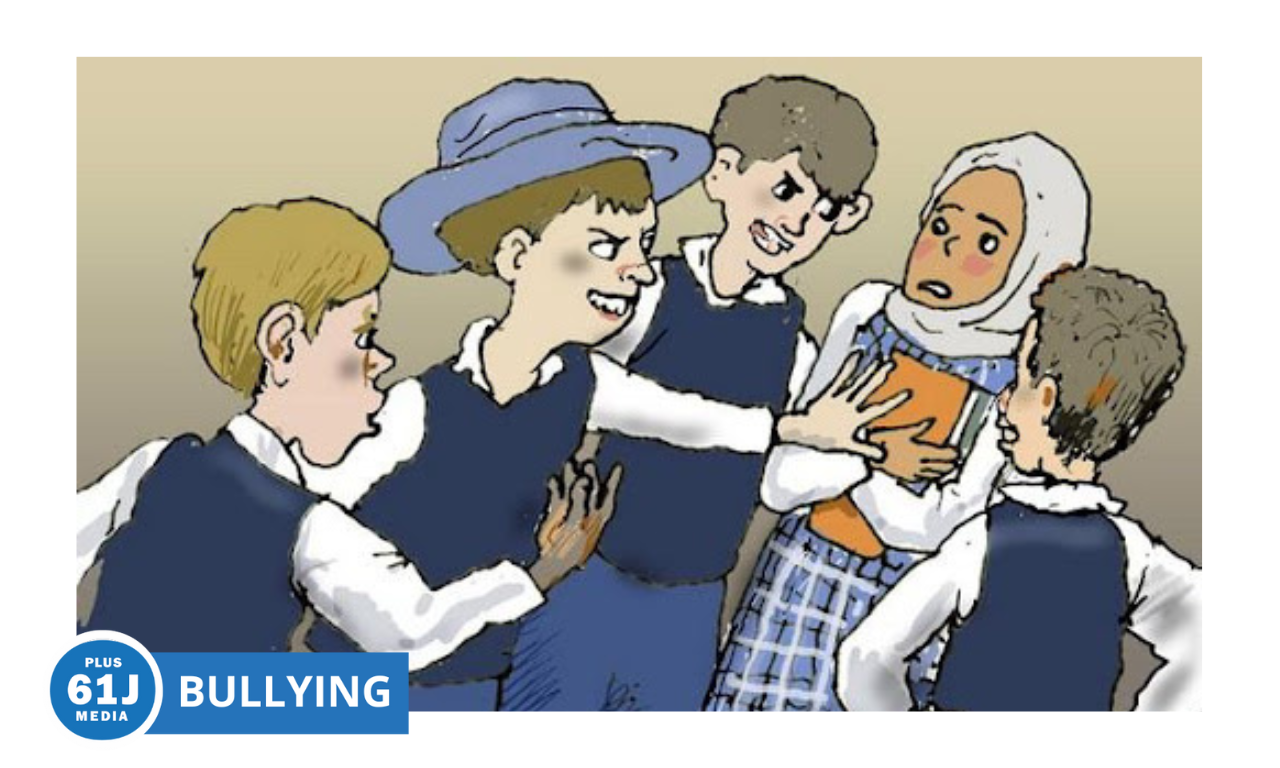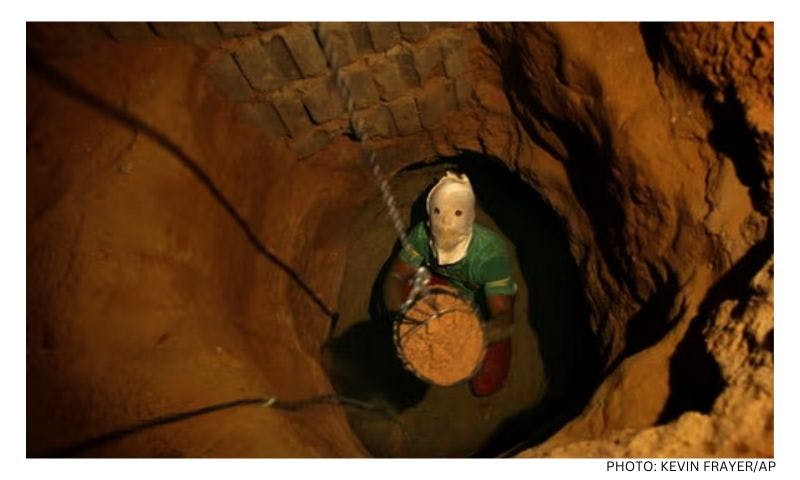Published: 16 November 2017
Last updated: 4 March 2024
I hated the dichotomy created between the wise son and the wicked son. The metaphorical kick in the teeth recommended by the Haggadah for the wicked son seemed inexorably tied to the creation of the “fifth son”, the emblem of modern Jewish “assimilation” and disengagement, who is entirely absent from the Seder due to wholesale detachment from his spiritual and communal roots.
Moreover, the Haggadah created a false dichotomy between the eager, engaged nascent Torah scholar, alive to Judaism’s nuances and dilemmas, and the Torah-critical child who was troubled by faith and poised to reject it. The sons were surely the same person; to engage with Jewish theology meaningfully is to inevitably encounter issues that cause consternation.
For me this remains particularly, painfully true of the Torah’s statements on gender and sexuality. These issues were key catalysts for my loss of unquestioning faith. When I asked teachers and rabbis for guidance, I was reminded of God’s ultimate wisdom, told we cannot edit divine truth, and that to do so is arrogant secularism.
Finding these responses inadequate in the face of the clear beauty and depth of LGBT+ identities and love, and the cruelty and sometimes deadly pain experienced by LGBT+ people due to Torah teachings, I was plagued by foundational doubts. I maintain a significant, passionate, but often fraught relationship with Jewish moral philosophy and community, never sure which son I'll be on any given day.
During this survey debacle, an Orthodox woman told me she only knows one openly LGBT+ young Jew in Melbourne. That’s reflective of her place within community and her willingness not to see, but also of the fact that Jews raised in Orthodoxy who care passionately about LGBT+ acceptance ultimately withdraw from community. Many LGBT+ Jews feel unwelcome and unsafe.
When Australia’s marriage equality plebiscite was announced, I assumed I knew how Melbourne’s self-identified Orthodox Jewish community would respond. My community of origin’s approach to queerness could be summarised thus: “We’re kind, welcoming people. If we said what we believe aloud, it would sound hateful and cruel. Let us, then, say as little as possible.”
The postal survey has encouraged open declaration of beliefs that all engaged Jews knew were quietly held. Tellingly, certain apologies for the Rabbinical Council of Victoria statement urging a “no” vote focused mainly on the gaucheness of making a statement.
The statement hurt, but I was expecting it, and expecting even the more outlandish statements of ridicule, revulsion or opposition from various religious communities of all faiths, and the consequent pain and risks to LGBT+ people ensconced in these communities.
What I wasn’t expecting was the enormous groundswell of Jewish support for marriage equality, nor the camaraderie I found within that movement. I am aware of and grateful for Australian Jewish queer-supportive organisations like Aleph and Keshet, as well as growing acceptance and welcoming of LGBT+ Jews in some schools and shuls. Nevertheless, I didn’t realise how many rabbis or Jewish entities and spaces would actively support legal equality.
I didn’t expect small shul boycotts over “no”-voting rabbis, or rainbow pins worn to Yom Kippur services. I didn’t expect dozens of donors to a campaign to support “yes” in the Australian Jewish News, defiantly determined not to let the Australian Christian Lobby’s “no” advertisement speak for us. I didn’t expect encouragement to write a “yes” op ed in that same paper.
I didn’t expect to meet a shomer Shabbat attendee at a Saturday “yes” doorknock, who said they came because they felt this campaign was more Jewish than orthopraxy. I didn’t expect to find a renewed sense of community among self-perceived Wise/Wicked/Fifth Sons who believe, like me, that justice and protection of vulnerable people from harm are core Jewish priorities.
And, to my shame, my detachment and suspicion meant I didn't expect to encounter so many deeply religious "yes" supporters within the community of my youth.
This isn’t a feel-good story. This roar of support and acceptance from Australian Jewish communities cannot reduce the damage done. No Jew with a sense of history sees a minority community becoming a political football and rests easy; we know well where that leads, and have already seen new attempts to roll back anti-discrimination law.
Transgender and genderqueer people are particularly vulnerable at this time, having been demonised by the "no" campaign to create fear and suspicion, and the fight for meaningful equality continues. We must live with the knowledge that nearly five million Australians see queer love as unworthy and unequal.
However, the message is now clear: We’re here, we’re queer, we’re Jewish. We're finding each other, fighting for each other, and not going anywhere. Get used to it.
Photo: People carry banners and signs as they participate in a marriage equality march in Melbourne in August (Reuters)




